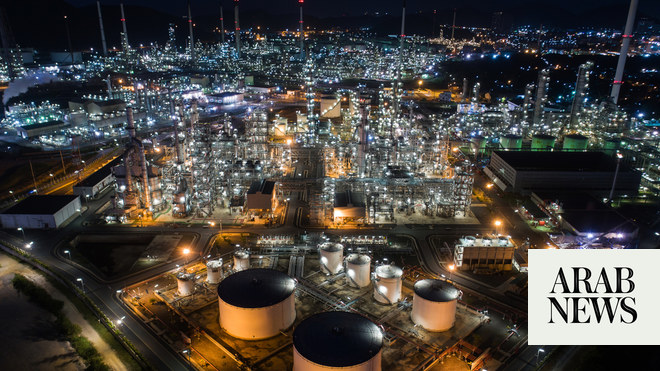
HOUSTON, Jan 5 (Reuters) - Venezuela last year halted the steep drop in oil exports that had crimped state oil firm PDVSA"s ability to pay suppliers and sustain output, data from Refinitiv Eikon and tanker tracking showed, ending a four-year free-fall in its top income source.
The OPEC nation, which has been hit with U.S. oil sanctions since 2019 intended to oust socialist President Nicolas Maduro, eked out a less than 1% increase in average exports for the year, the data showed. Most of the cargoes have gone to buyers in China, according to Reuters research.
Venezuela has skirted sanctions by blurring tanker identities and enlarging its chain of intermediaries. It also struck a supply deal with Iran for diluents needed to convert its extra heavy oil into exportable grades. The export gains have helped PDVSA pay service firms that have stabilized oilfield production.
A government official said the country will continue expanding production this year, a view not shared by outside oil experts and some of PDVSA"s internal documents, which say the company"s output is near the capacity of existing fields and equipment, limiting future exports.
For the full year, Venezuela produced about 650,000 barrels per day (bpd) of crude and exported some 627,000 bpd of oil and refined products, according to Reuters calculations based in tanker tracking data and independent reports.
The total annual exports were up slightly from the 77-year-low of 623,600 bpd in 2020, but just a third of the 1.89 million bpd tallied in 2016 and well below pre-sanction levels, according to the data.
In December, PDVSA and its joint ventures exported 629,485 bpd of crude and fuel, mostly to buyers in Asia, a 10% increase from November.
PDVSA did not reply to a request for comment.
CHRISTMAS JUMP
On Christmas day, production surpassed 1 million barrels, bringing the monthly average for December to over 800,0000 bpd, according to Venezuela"s oil minister and independent calculations. Still, it was far below the 1.28 million bpd annual goal the government had set for 2021.
"Forecasts for 2022 show that we are going to have a fair price that will allow us to continue increasing our production capacity and also to continue investing for recovering Petroleos de Venezuela (PDVSA)," Oil Minister Tareck El Aissami, said in a statement on Tuesday.
However, the poor condition of most of Venezuela"s oil infrastructure has hurt the quality of its exportable crude grades and fuel, creating shipping delays and forcing price discounts, according to internal PDVSA documents.
The country"s dilapidated refineries, export ports, power plants, pipelines and flow stations, gas injection plants and vessel fleets need substantial repairs and expansions to increase production in a sustainable way.
Building additional production output will also require a greater effort than that seen in 2021, said experts. Last year"s gains were mostly from re-working existing wells, and further increases will require new drilling equipment and wells.
"Last year efforts were enough to reduce deferred output to its lowest level in 12 years, a difficult task in a country hit by unstable power supply, lack of maintenance and qualified staff, vandalism and mismanagement," said Juan Szabo, former PDVSA executive and energy consultant.
"Stars would have to align this year for PDVSA to maintain production levels seen in recent months," he said, adding that output capacity for the beginning of 2022 is about 775,000 bpd.
U.S. sanctions curtailing PDVSA"s ability to hire foreign oilfield service companies, contractors and business partners will continue impacting output and exports this year, Szabo said. The sanctions also have limited the countries willing to accept its oil and furnish needed imports.












